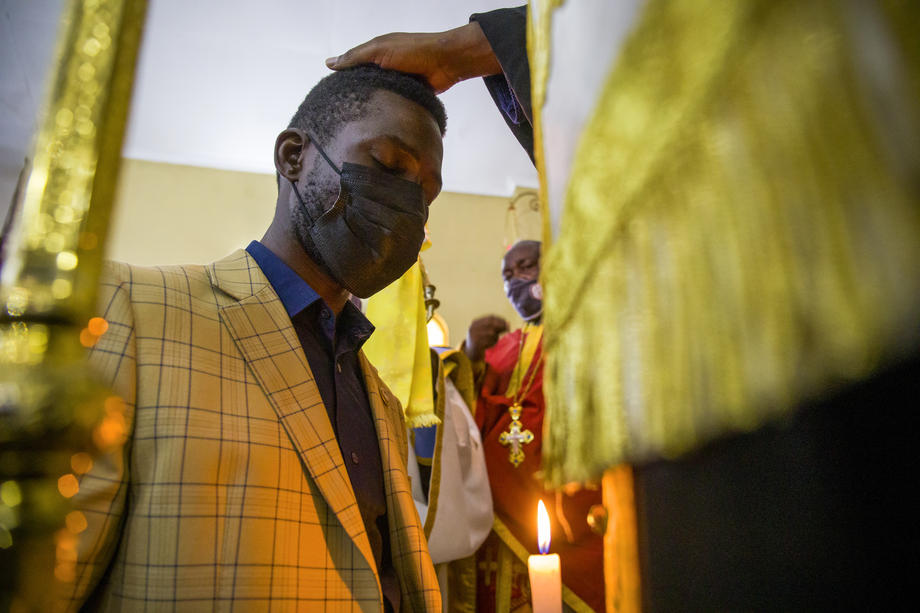The International Press Institute (IPI), a global network of editors, media executives and leading journalists for press freedom, today called on the Ugandan government to allow journalists to freely cover the January 14 elections in the country and condemned a statement by a top law enforcement official suggesting that police might assault journalists “for their own safety”.
On Thursday, millions of Ugandans will be voting to elect the president and members of parliament. The election campaign has been marred by attacks on journalists.
According to information gathered by IPI, media organizations and journalists fear that security forces will resort to violence against them while covering polls and election results. On January 8, the country’s inspector general of police, Martin Okoth Ochola, warned journalists that police would not hesitate to beat them if they disobey orders.
“We have heard complaints that security is targeting the media”, the IGP told journalists. “On the contrary, it is the media targeting security. It is portraying security as brutal and siding with government. When we tell a journalist, don’t go there and you insist on going where there is danger, we shall beat you for your own safety. I have no apology. We shall not apologise but we shall continue helping you not to go where there is danger.”
The police chief’s statement has sparked fears amongst journalists that they could be targeted anew. Several journalists were injured covering the campaign rallies of opposition candidate Robert Kyagulanyi Ssentamu, popularly known as Bobi Wine. He is challenging President Yoweri Museveni, who is seeking his sixth term in office.
“Ugandan journalists must be able to freely cover this week’s national elections”, IPI Deputy Director Scott Griffen said. “We strongly condemn the inspector general’s threat to beat journalists ‘for their own safety’, which betrays a deep lack of understanding of the media’s role in democracy. Ugandan law enforcement must refrain from any actions that interfere with journalists’ right to cover stories of public importance.
The threat of violence is not the only concern reported by Ugandan journalists. Several journalists told IPI that the internet connection in the country had become extremely slow and they were unable to access websites. They also said that VPN connections had been blocked. “The government is deliberately preventing us from using internet. This will make it difficult for us to file reports and upload pictures and videos, especially those of us who work for foreign media organizations”, one journalist said, speaking on the condition of anonymity.
“Any efforts to block online access to journalists or members of the public are unacceptable breaches of the right to information”, Griffen said. “Any such blocks or other efforts to interfere with internet access should be removed or stopped immediately.”
Last month the Media Council of Uganda had informed all journalists in the country that their accreditations were being revoked and that they needed fresh accreditations within a week to cover the elections. However, following international criticism, the Media Council reversed its decision on January 10, saying that registration would not be required to cover polls.
Media in Uganda have faced intimidation and censorship by the government ever since the announcement of the elections. In recent months, attacks on journalists by law enforcement officials have increased.
On November 18, journalists covering the rally of Bobi Wine were pepper-sprayed and assaulted by the police. Earlier, on November 5, Moses Bwayo, who works for an international media house, was shot in the face while filming the arrival of Bobby Wine.
On December 5, Uganda deported CBC journalists Margaret Evans, Lily Martin and Jean-Francois Bisson, a videographer. Over the past few months President Museveni and his followers have claimed that foreign journalists were favouring opposition candidate.
